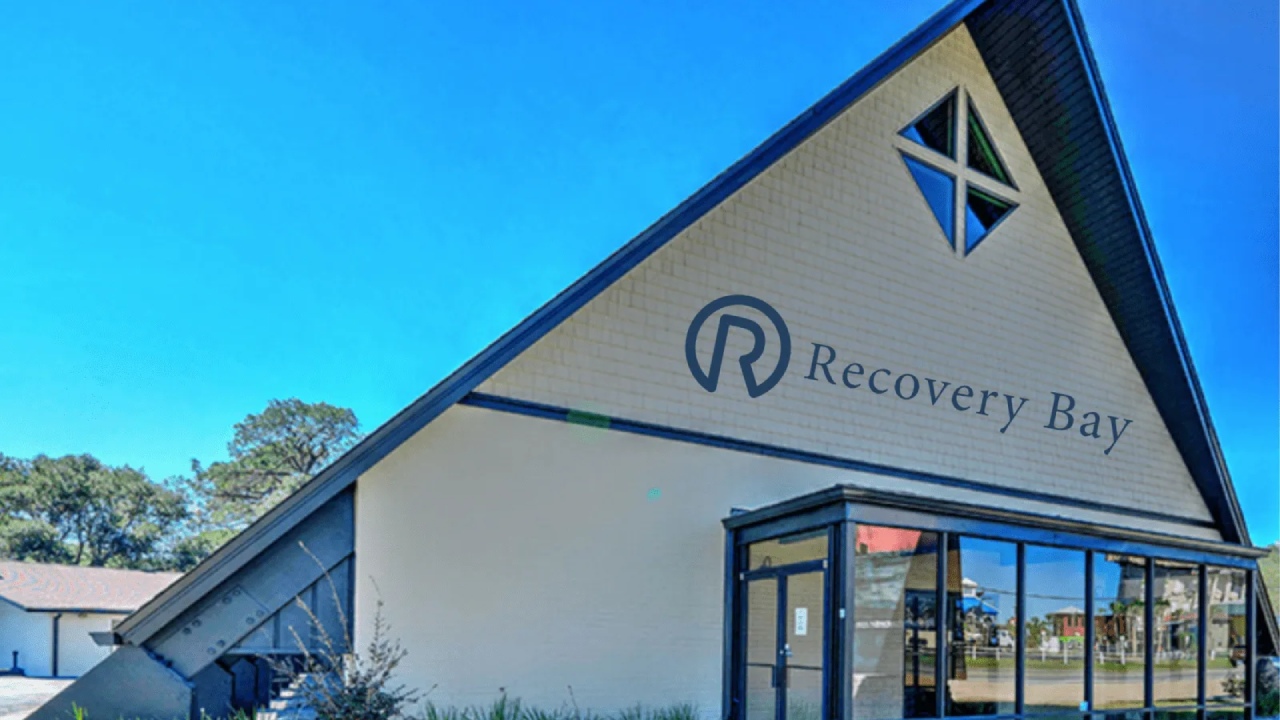Opioid Addiction Treatment Program
Opioid addiction creates cravings and compulsive use, even when it harms your life.
Understanding Opioid Addiction Cravings and Compulsive Use
Opioid abuse and opioid addiction are at all-time highs. If you or a loved one have been using opioids by prescription and are having a hard time stopping, you may be asking, “Why are opioids addictive?” With addiction, something that once brought pleasure unexpectedly becomes something that you cannot live without. If you’ve been using opioids as part of your pain management plan, you may find that you feel achy and sick unless you have them. With opioid addiction, people deal with irresistible cravings that repeatedly lead to compulsive use. This remains true even when using has a continued and progressively negative impact on their health and their lives.
At Recovery Bay Center, we offer a diverse range of treatment modalities, therapies, and substance abuse treatment services for those struggling with opioid addiction. Our opioid addiction treatment takes an individualized and needs-specific approach to helping our clients get clean and stay that way.

What Are Opioids?
Opioids are a powerful class of drugs that affect the brain’s reward system. Often used to alleviate pain and promote feelings of euphoria, these drugs are derived from the opium poppy plant. However, while opium itself is both incredibly potent and incredibly addictive, opioids have been chemically manipulated to increase their potency and overall efficacy. They can be significantly stronger than pure opium, and significantly more habit-forming.
These synthetic derivatives of opium tend to have a far greater impact on the brain, its functioning, and its chemical processes. As opioids are highly effective pain-relieving agents, doctors frequently prescribe them for those dealing with moderate to severe pain levels.
List of Popular Opioids
People who’ve developed addictions to prescription opioids often turn to heroin when their prescribed medications are no longer accessible. A short list of opioids legally prescribed as narcotic pain medications include:
- Fentanyl
- Hydrocodone
- Morphine
- Meperidine (Demerol)
- Hydromorphone
- Codeine

How Does Opioid Addiction Start?
Opioid addiction is somewhat different from addiction to other substances. With methamphetamine, cocaine, and other drugs, people generally move through several phases of use before reaching full-blown addiction. With these substances, it can take time and repeated exposure for changes in brain chemistry and brain functioning to occur.
Conversely, products like fentanyl and heroin can result in near-instant changes in brain chemistry, and near-instant addiction. The release of neurotransmitters or “feel-good” chemicals that results from using opioids is incredibly intense. Most opioid users attest to never feeling anything like it. Opioids trigger massive surges in dopamine and other neurotransmitters at once.
One of the hallmarks of chemical dependency or addiction is the onset of uncomfortable and even dangerous withdrawal symptoms when abstaining. Although a person might struggle to overcome intense cravings for opioids when abusing these products, addiction can be confirmed when the body goes into a state of distress without them.
Why Are Opioids So Addictive?
The brain’s reward system releases neurotransmitters or “feel good” chemicals in response to healthy, life-affirming behaviors. For instance, if you complete an especially-grueling workout, you’ll likely experience a mood-boosting endorphin rush.
Neurotransmitters like dopamine are used by the body to incite motivation, encourage focus, and provide many other mood- and performance-related benefits. These chemicals also play critical roles in various aspects of your general functioning. For instance, without natural dopamine production, you may find yourself struggling with fine motor control, balance, and overall coordination.
When opioids are in use for long periods of time, frequent dopamine surges burn the neurotransmitters out. The cells that produce dopamine and other neurotransmitters like it stop functioning properly. As a result, opioid users become less and less able to naturally produce these chemicals. They also become less able to function without using opioids to compensate for these changes.
How Long Do Opioids Stay in Your System?
Opioids have relatively short half-lives. This means that they are quickly removed from the system after ingestion. Whether smoked, snorted, taken orally, injected, or introduced by patch, the effects of these drugs can be near-immediate.
Certain factors determine how long these same effects will last. These include:
Treating Opioid Addiction
Opioid addiction is one of the most challenging forms of substance use disorder for people to overcome. The symptoms of opioid withdrawal can include:
Although opioid withdrawal can be incredibly intense, these and other common withdrawal symptoms are not seen as life-threatening. In fact, they often closely mirror many of the physical side effects or signs of opioid abuse. Notwithstanding this, professional detox support is always the right course of action. People who attempt to go “cold turkey” by undergoing the detox process at home are at an incredibly high risk of relapsing.
There is also a window during which recovering addicted individuals are at an especially high risk of overdosing. Relapsing after losing tolerance to these drugs can result in using more of an opioid than the body can handle.

An Opioid Addiction Treatment Program in Panama City, FL Can Help
At Recovery Bay Center, we’re well-aware of just how difficult opioid addiction can be. We also understand that the challenges of recovery can be different for each individual. Our opioid addiction treatment services are entirely customizable. We provide access to medical detox support, and we offer an expansive range of mental health services and therapies.
Our team is committed to helping people relearn how to function without opioids through the use of cognitive behavioral therapy, dual diagnosis treatment, stress management and more. If you’ve been abusing opioids and need help, we’re always here to provide it. Get in touch with us today at 833.991.2955 to learn about our rehab programs or to get answers to your questions about opioid addiction.
We're Here for You!
Our Admissions Coordinators are available 24/7 to answer questions about treatment, admissions, or any other questions you may have about addiction care.

